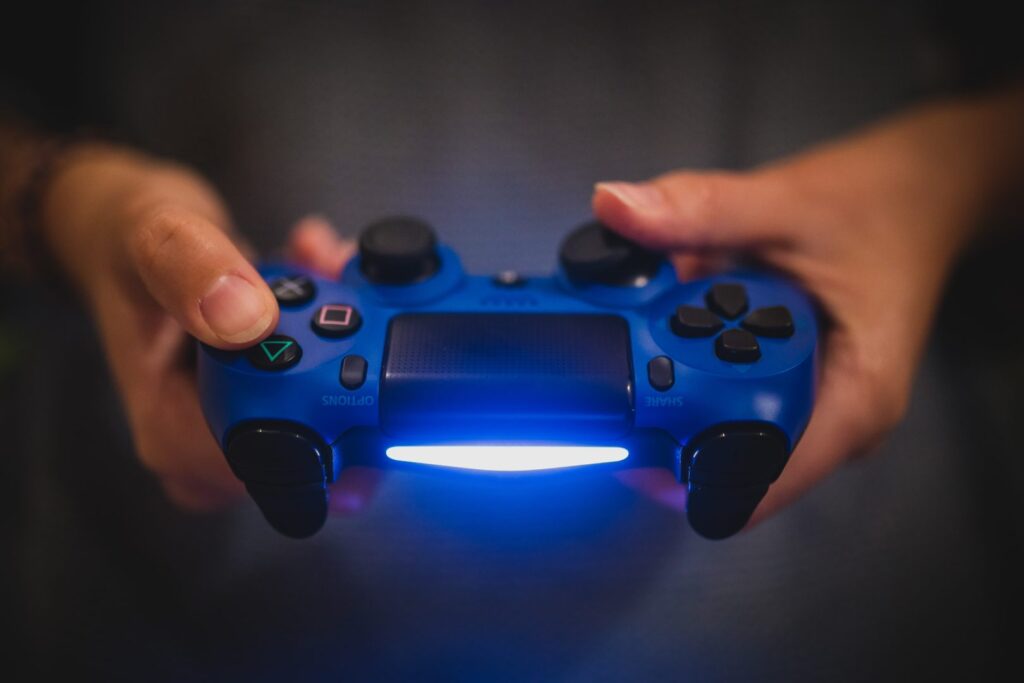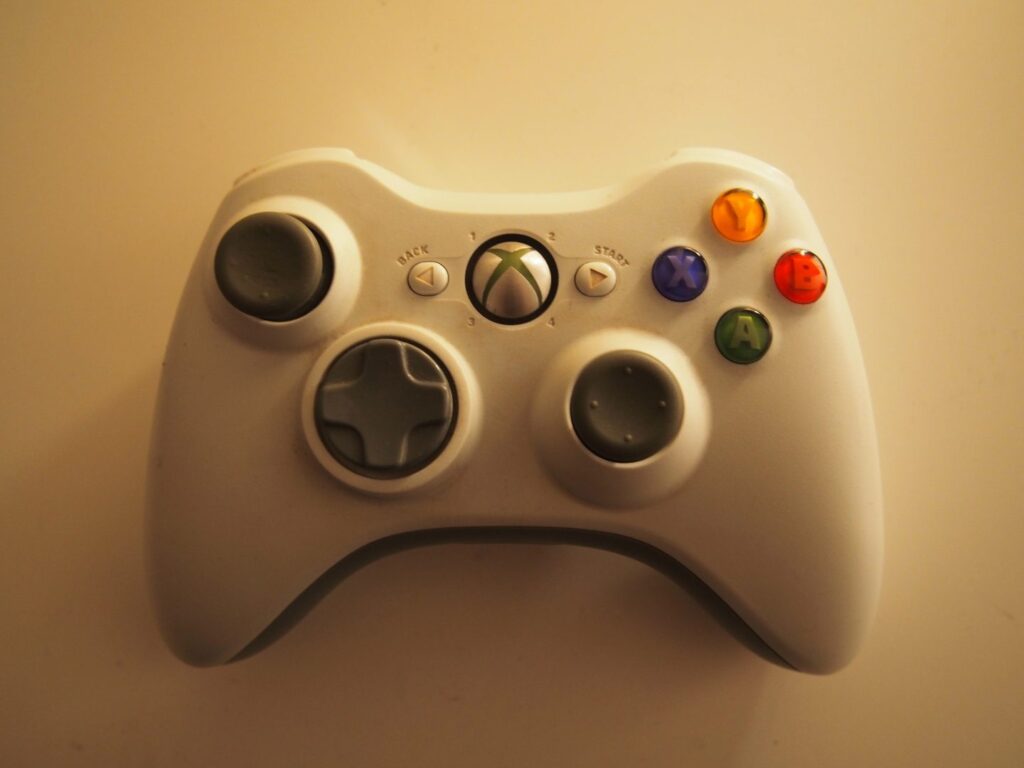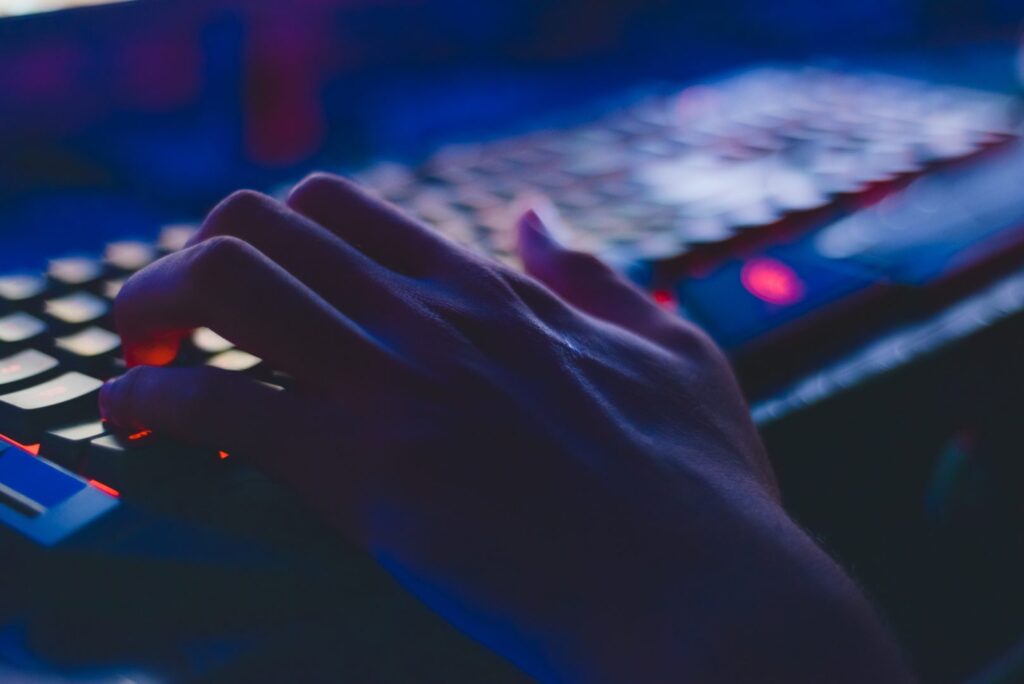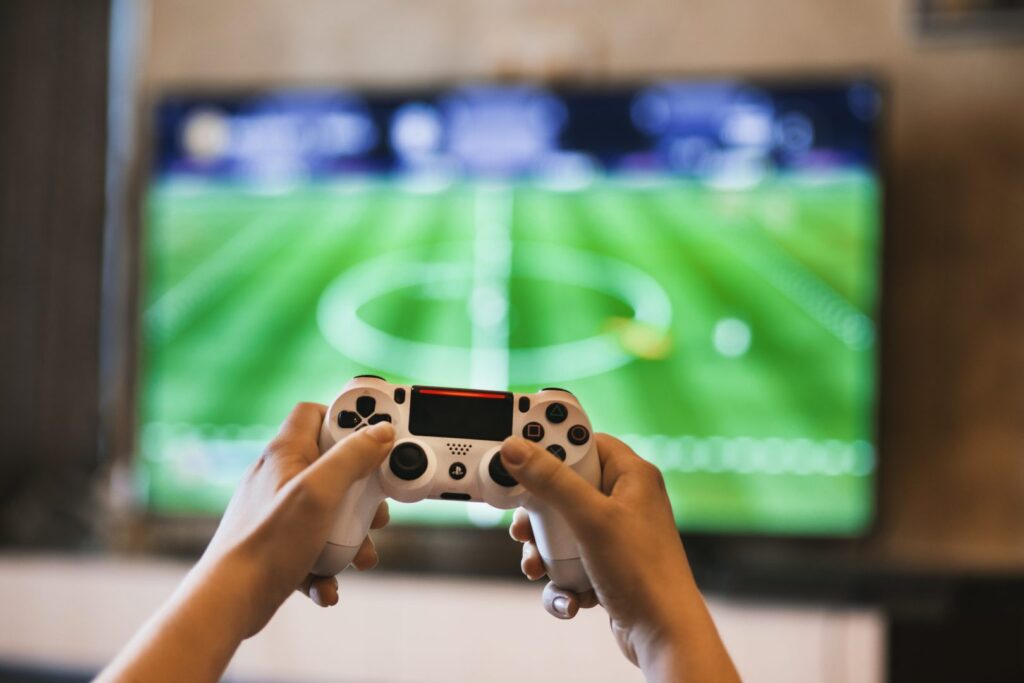Video games are always tempting to be analyzed and evaluated, especially now, when we, adults and children, are somehow addicted to playing.
The biggest concern for parents and caregivers is the influence of video game playing on children’s behavior and physical and mental health.
Parents need to know that playing video games can increase children’s interactive skills but can also increase the risks of behavioral changes, isolation, and social anxiety.
As one thing leads to another, relaxing gaming can rapidly turn into addictive and excessive gaming, which is a possible cause of children’s anxiety.
Can Video Games Trigger Anxiety
Children’s anxiety can block their thinking, cognitive abilities, interaction, and social skills. Studies show that children’s addiction to playing video games can make them anxious.
So, here are the symptoms you might notice in your children’s behavior if they have anxiety caused by video games:

- They are irritated and nervous if we take video games away;
- Aggressive and violent behavior;
- Stress and isolation;
- Impulsive reactions;
- Fear and panic attacks;
Can Video Games Actually Help Reduce Anxiety in Children
Studies show that video games help children with attention span difficulties to practice focusing, memorizing, and concentrating.
If children maintain a higher attention span, they’ll feel less stressed, leading to a lower chance of developing anxiety.
Also, by playing for fun, children can escape from their daily troubles, focus only on the game, and relieve stress (that’s a great therapy method, too bad it’s addictive).
So, video games can improve children’s moods and reduce anxiety. Also, with multiplayer games, children can interact and engage with others while sharing similar interests.
Shortly, video games are an excellent communicative and therapeutic tool for helping children face anxiety.
How Can I Strike a Balance Between Allowing My Child to Play Video Games and Managing Potential Anxiety Risks?
If we want to implement the advantages of playing video games for children, we must introduce our little ones to proper tech habits.

Set strict limits on game time, avoid excessive screen time, and be guided by the recommendation of relevant institutions.
For example, according to the American Academy of Peadritics, children are allowed to play 30 to 60 minutes every school day and two hours at most on weekends.
Also, don’t forget to limit access to low-quality content (you don’t want your children to watch silly unproductive videos).
Agree with your children that playing games should be a reward after they finish their studying, homework, or other activities.
Introduce yourself to the type of games your children are playing. Maybe you’ll also find them interesting, and you can heal your anxiety together with your children!
Also, if it is possible, don’t let your children isolate in their rooms while playing. Encourage other activities as a replacement for playing video games and as a tool for reducing anxiety, such as:
- Exercising;
- Singing or playing an instrument;
- Drawing lessons;
- Gardening and planting;
- Socialization
- Family bonding;
- Puzzle games;
Are There Any Specific Game Genres or Platforms That Are More Likely to Cause Anxiety in Children?
Some video game genres can more easily cause anxiety problems in children. These genres include:
- Violence;
- Aggression;
- Action;
- Shooters;
- Survival and horror;

Also, multiplayer games can be an anxiety factor because your children can encounter cyberbullies or online predators on them.
Due to children’s exposure to these contents, their stress and fear levels increase, which leads to intense anxiety. Furthermore, this can lead to sleep disorders, loss of focus, physical pain, headaches, panic attacks, etc.
Strategies For Managing Anxiety Related to Video Games
One of the strategies for managing children’s anxiety related to video games is setting healthy gaming habits.
Create a mindset where your children will accept gaming as equal to other daily activities. Also, never prioritize gaming over homework, learning, family bonding, sports, socializing, or any other tech-free hobbies.
You can have an open conversation with your children about anxiety and video games as a causing factor.

Be friendly and patiently wait for your little ones to open up to you (it’s not an easy process). Dealing with the fact that games cause anxiety in your children makes the problem even harder for solving.
But with parental superpowers, such as love, care, persistence, and patience, you can achieve anything.
When Should I Seek Professional Help For my Child’s Video Game-Related Anxiety
Unfortunately, sometimes we are too late, and let our children develop anxiety and depression. But when does your child have anxiety? Well, here are some signs:
- Your child feels nervous and tense;
- Your child has persistent fears and panic attacks;
- Your child can’t concentrate and cooperate;
- Your child is confused and procrastinates;
- Your child isolates;
When you see some of these signs, you can contact professional therapists and consultants. They can talk with your children, let them face their fears, and help them overcome anxiety.
How Do the Duration and Frequency of Gaming Sessions Affect My Child’s Anxiety?
Playing games for a long period makes children obsessed and addicted. Research shows that the more time children spend playing video games higher the risks of developing anxiety, especially social anxiety.
But the duration of video game time isn’t the only problem. The content of video games can also be a factor that affects children’s anxiety.

So, the best way to battle technology addiction is by setting healthy screen time limits, and monitoring the content children are exposed to.
Conclusion
We realize that our parental/caregiver fears and concerns about children’s gaming and its connection to developing anxiety are justified.
You can’t stop your child from playing video games. But, you can help your children develop healthy ways of playing games.
Together, you can battle anxiety caused by those fun and interactive combinations of pixels (what a weird way to say video games) while also having fun.
FAQs
How can I differentiate between normal gaming excitement and anxiety in my child?
Excitement is a positive and joyful feeling or expression. On the other hand, anxiety is a mix of negative, sad, and nervous emotions.
What are some alternative activities to video games that can help reduce anxiety?
Alternative activities to video games that can help reduce anxiety are playing instruments, doing arts, sports, getting a pet, gardening, family bonding, volunteering, etc.
Are video games good for anxiety?
Yes, video games can help people that deal with trauma relieve stress and reduce anxiety.
Can gaming affect your mental health?
Yes, excessive gaming can lead to aggression, anxiety, depression, or other mental health problems.







